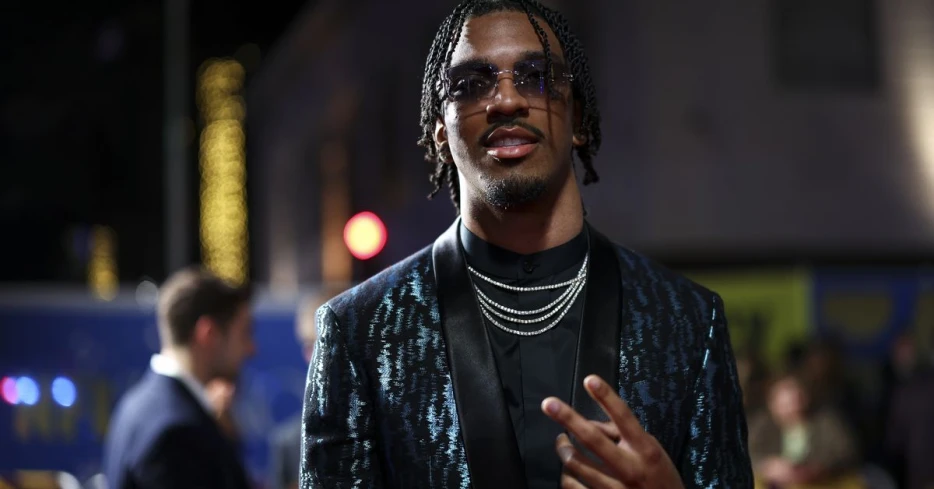
 Hogs Haven
Hogs Haven
A collection of articles, podcasts & tweets from around the web to keep you in touch with the Commanders, the NFC East, the NFL and sports in general, and a sprinkling of other stuff
Peters hasn’t just looked for skill, he’s looked for fit.
“We want guys who love the game, love the grind, and love each other,” Peters said earlier this offseason. “That’s how you win.”
It’s showing. The roster is deeper, faster, and more physical than it’s been in years, but what stands out is the cohesion. Players are showing up early, staying late, and openly supporting one another in a way that feels rare in today’s NFL.
The foundation being built in Washington is real, and the culture – the brotherhood – might just be the most valuable asset Quinn and Peters have brought to D.C.
For a franchise that has struggled with identity and dysfunction for years, this era feels refreshing, not just because of the talent, but because of the togetherness. The Commanders are no longer just a group of individual athletes; they’re a bonded unit with a shared mission. Super Bowl talk and expectations are normal chatter because the brotherhood believes those goals are attainable.
When the Washington Commanders traded up to No. 225 overall in the 2021 NFL Draft, fans were hoping for one name and one name only. But as was typically the case when previous head coach Ron Rivera called the shots, he threw a curveball into the mix.
A decision that’s still haunting the Commanders to this day.
The best prospect available at the time, by a considerable margin, was Trey Smith. He was projected as a first or second-round talent, but a health issue during his pre-draft assessments caused him to tumble down the pecking order. But in the sixth round, it represented a risk well worth taking.
Rivera moved up, which meant he had a target in mind and was willing to sacrifice additional assets to get them on board. Instead of Smith, who was the expected choice, he went with long-snapper Camaron Cheeseman instead.
Smith went one pick later to the Kansas City Chiefs. The interior offensive lineman’s been making the Commanders and everyone else around the league pay for it ever since.